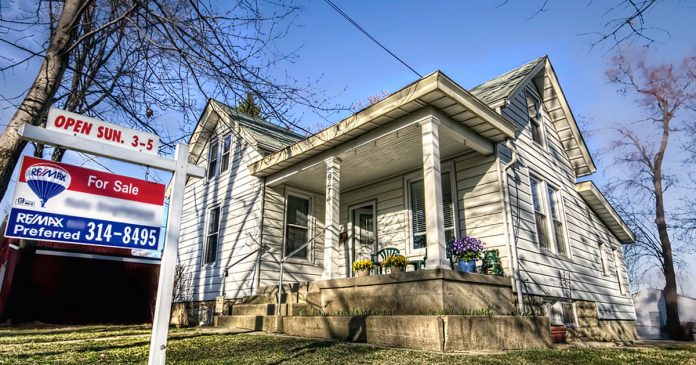Canadians should expect to be paying mortgage payments that are 30% higher than they are today within four years, according to the Bank of Canada (BOC).
An increasingly inaccessible housing market and higher levels of household debt will play a contributing factor, the BOC’s Financial System Review noted.
“Even as the average household is in better financial shape, more Canadians have stretched to buy a house during the pandemic,” said BOC Governor Tiff Macklem.
“And these households are more exposed to higher interest rates and the potential for housing prices to decline.”
Canadians who bought a house in 2020 or 2021 will see monthly payments go up by $420 or 30% by renewal. A total of 1.4 million Canadians are included in that group.
By 2025 to 2026, variable rate loans will cost 4.4% while fixed-rate loans will be at 4.5%.
Those who borrow at variable rates are expected to see the most significant increase in monthly payments up from $1,650 to $2,730 by the time of renewal or a 44% hike.
“If those in highly indebted households lose their jobs, they would likely need to reduce their spending sharply to continue servicing their mortgage,” Macklem said.
“This is not what we expect to happen … But it is a vulnerability to watch closely and manage carefully.”
In Canada, two-thirds of people own their homes, however a majority rely on a mortgage. Meanwhile, 37% of Canadians are renting.
Over the pandemic, the cost of homes jumped by an average 50% due to low rates.
The BOC warns that a large portion of the inflated housing costs are based on debt with one in five households saying they are “highly indebted” or have a debt to income ratio of 350% or larger.
“Those numbers mean that each rate hike will inflict more pain on the economy than it would have in the past,” Desjardins economist Royce Mendes said.

